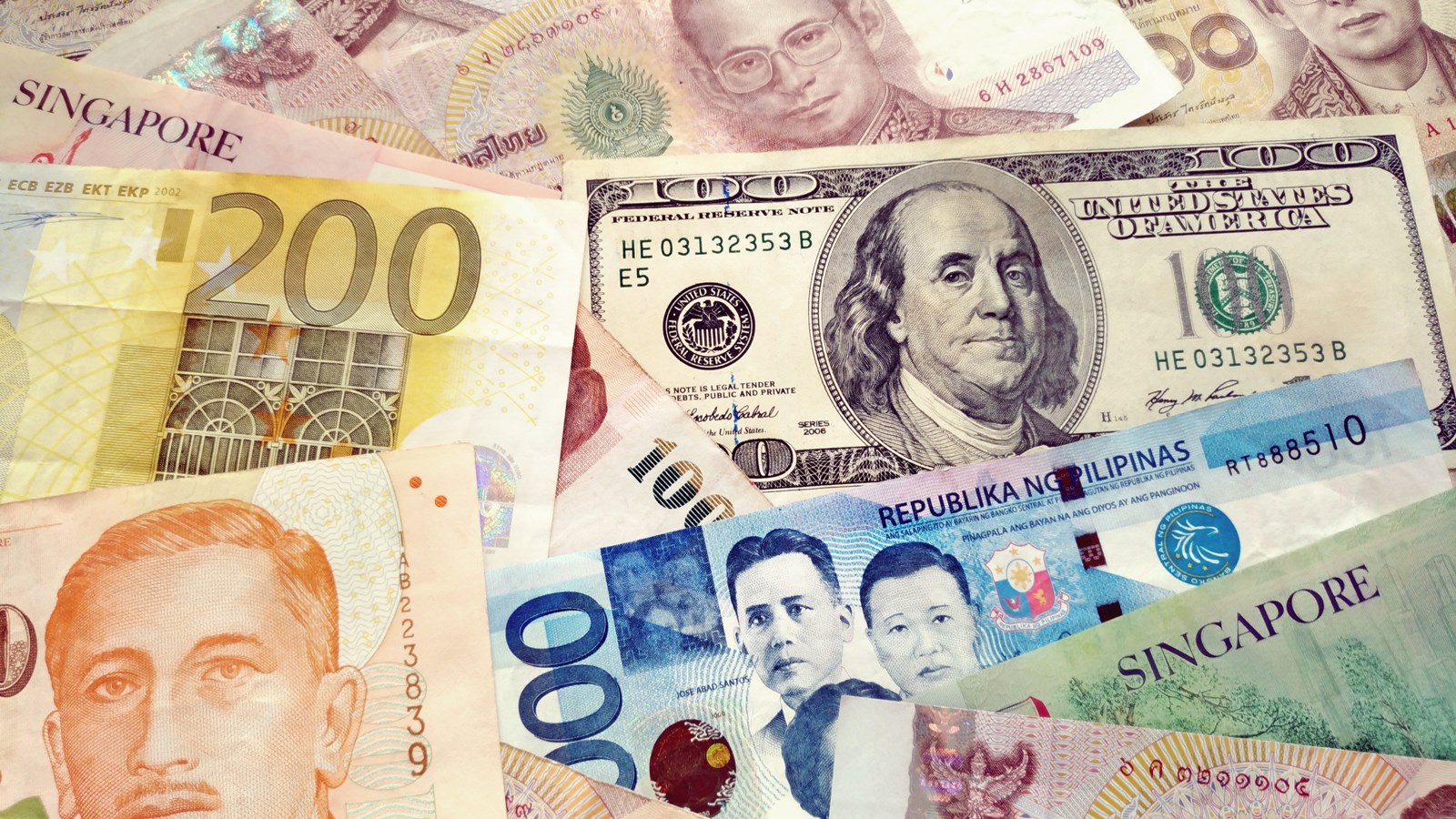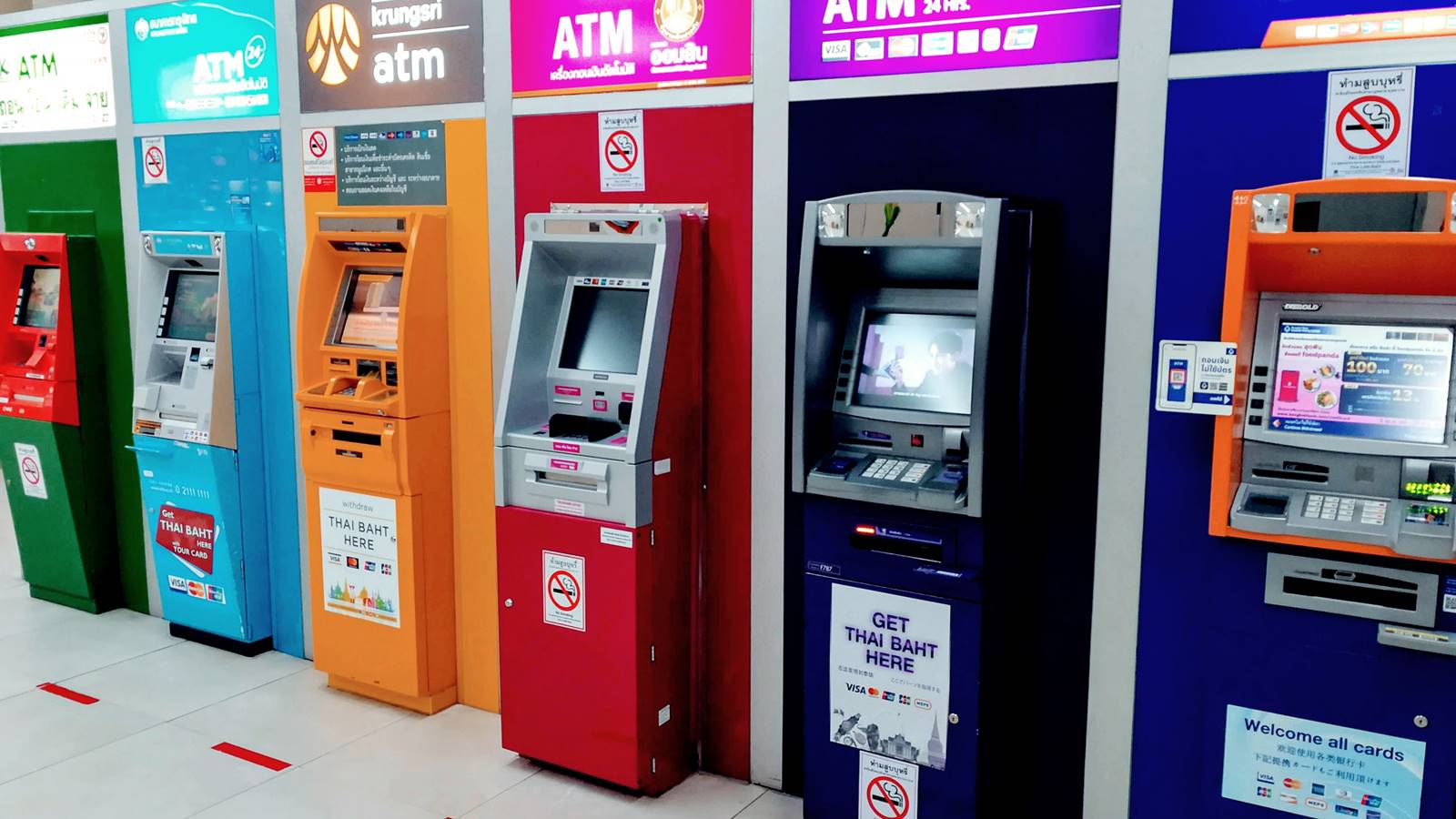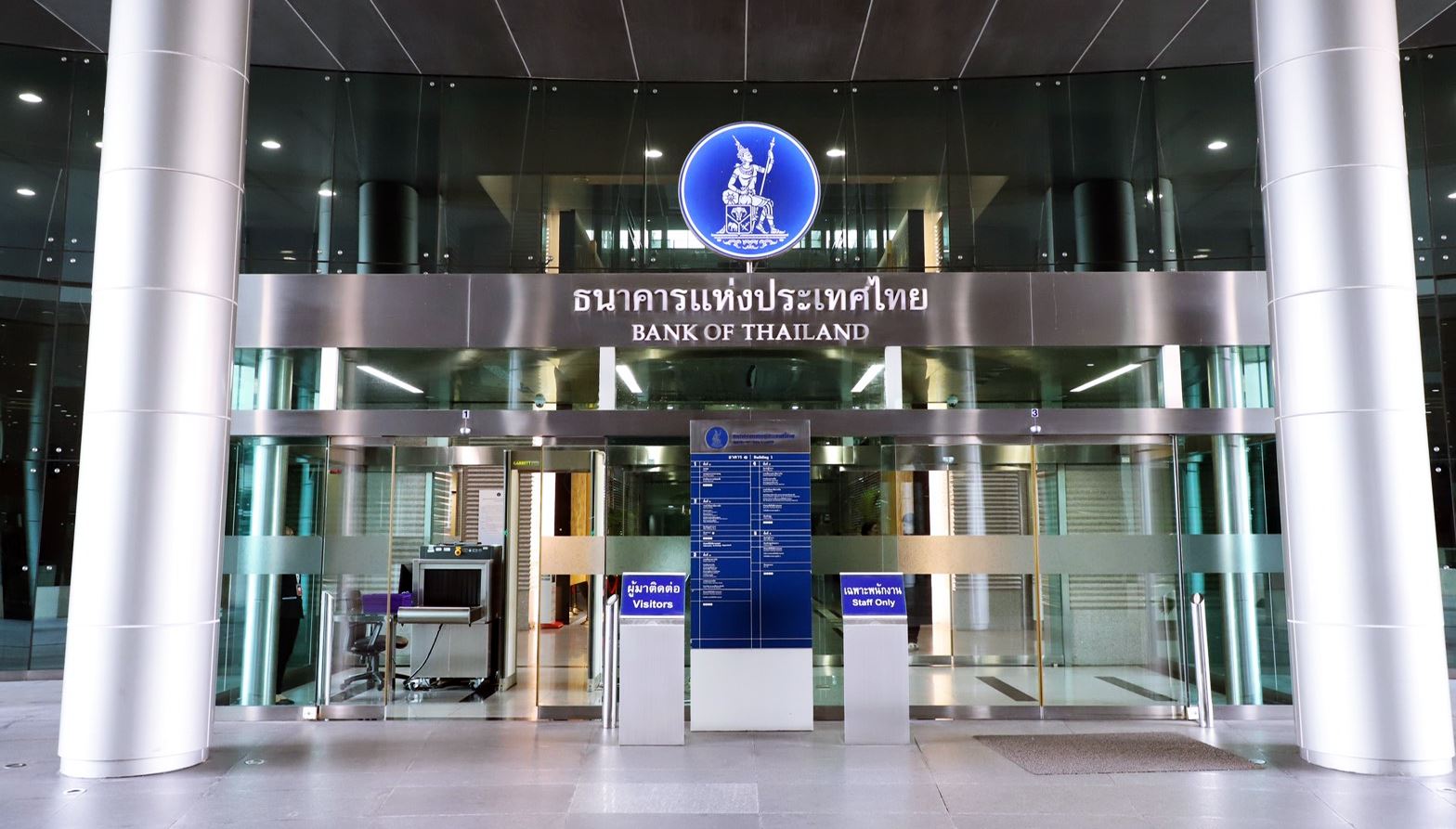On Wednesday June 14 the U.S. Federal Reserve boosted its key short-term interest rate by 25 basis points to between 1.00% and 1.25%.
The move, which marked the third hike since December last year, had been widely anticipated and is therefore not expected to have a significant impact on Asia Pacific.
CBRE Research retains its view that Hong Kong and Singapore remain most exposed to higher interest rates and are highly likely to experience further increases over the remainder of the year.
While other Asia Pacific markets are not expected to follow the U.S. in raising rates in the short term, they remain mindful of potential capital outflows as investors search for higher yields.
Bank lending for property in Asia Pacific remains tight in spite of the lack of movement in interest rates. While CBRE Research sees little immediate pressure for yield expansion on commercial property, the yield spread over the lending rate is expected to shrink over the next 12 months.
This will make property prices more sensitive to future interest rate movements. However, the reduced likelihood of a total of four rate hikes this year suggests that yield expansion will be slow and gradual.
CBRE Research’s view of the impact of the latest U.S. rate hike on individual markets in Asia Pacific is as follows:
China: The People’s Bank of China remains reluctant to increase rates as overall liquidity drains in tandem with the clampdown on financial leverage. However, fears that the latest U.S. hike could escalate capital outflows have prompted authorities to tighten restrictions on cross-border payments.
Hong Kong: The Hong Kong Monetary Authority raised its base rate by 0.25 bps following the Fed’s move. However, mortgage rates remain largely unchanged as the city has abundant liquidity. Banks will come under greater pressure to push up rates towards year-end should there be an outflow of capital.
Japan: The hike will have no direct impact on domestic monetary policy as inflation, including wage growth, remains close to zero despite the tight labour market. As the consensus now expects fewer U.S. rate hikes than previously anticipated the Yen is moving towards strengthening against the dollar, rather than the other way around.
South Korea: The Bank of Korea (BOK) has left interest rates unchanged but local market rates have been creeping up since Q4 2016. However, the slow domestic economy, high household debt and unemployment rate remain major concerns, and the BOK is only likely to put up rates if there are signs of a robust recovery.
Singapore: A further 50 bps increase in interest rates is anticipated in H2 2017 and is already priced into most lending rates. Higher borrowing rates have yet to place downward pressure on capital values but are expected to do so in the medium term.
India: The latest U.S. rate hike gives the Reserve Bank of India little or no room for further monetary easing despite low headline inflation. Commercial banks in India could ease lending norms instead.
Australia: Monetary policy is expected to remain on hold for some time as economic growth is below trend and inflation is only just moving back into the Reserve Bank of Australia’s target band.
The rate differential will likely impose medium term pressure on the Australian dollar which would be exacerbated if the economy begins to falter. Higher global bond yields have been cited as a major driver for yield expectations for some time which is expected to see an easing in yield compression. However, this will be partly offset by higher relative yields and yield spreads in Australia which are still seen as competitive for investors.






